"Your inner world is akin to the landscape of the mind. It can sometimes be cloudy and dark, while other times it can be bright and clear. However, just as we can change the scenery of nature, we can also transform the landscape of our minds. This is precisely one of the goals of psychotherapy.
Psychotherapy is a process that deals with issues related to our inner world. At times, darkness and anxiety can hinder our minds, stealing away joy and satisfaction from life. However, psychotherapy provides the key to transforming that darkness and anxiety into a brighter and more stable landscape.
First and foremost, psychotherapy is a process of understanding and accepting oneself. We often try to avoid stimulating ourselves with past wounds or difficulties, resulting in ignoring or responding negatively to our inner emotions. However, psychotherapy helps us through this process of understanding and accepting ourselves. By revisiting past wounds and dismantling the psychological defense mechanisms that have formed as a result, it leads us to a free and healthy landscape of the mind.
Furthermore, psychotherapy aids in developing new perspectives and adopting new ways of thinking and behaving. We often become entangled in patterns from the past, limiting ourselves and missing out on new possibilities. Psychotherapy acknowledges these limitations and helps develop new perspectives and strategies, expanding the landscape of the mind. This allows us to discover new meanings and purposes in life, enhancing self-efficacy and satisfaction.
Lastly, psychotherapy provides tools for self-care and personal growth. Changing the landscape of the mind requires ongoing effort and management. Psychotherapy teaches us self-observation, self-care, stress management, and interpersonal skills, among others, to continuously nurture and grow our minds. Through these means, we can maintain a resilient and stable landscape of the mind.
Psychotherapy is a process of transforming the landscape of the mind. While changing a mind dominated by darkness and anxiety into a brighter and more stable landscape is challenging, it is indeed possible. Psychotherapy possesses the power to facilitate such changes, guiding us towards a stronger and more stable landscape of the mind. Embrace the journey of psychotherapy and the transformation of your mind's landscape.

